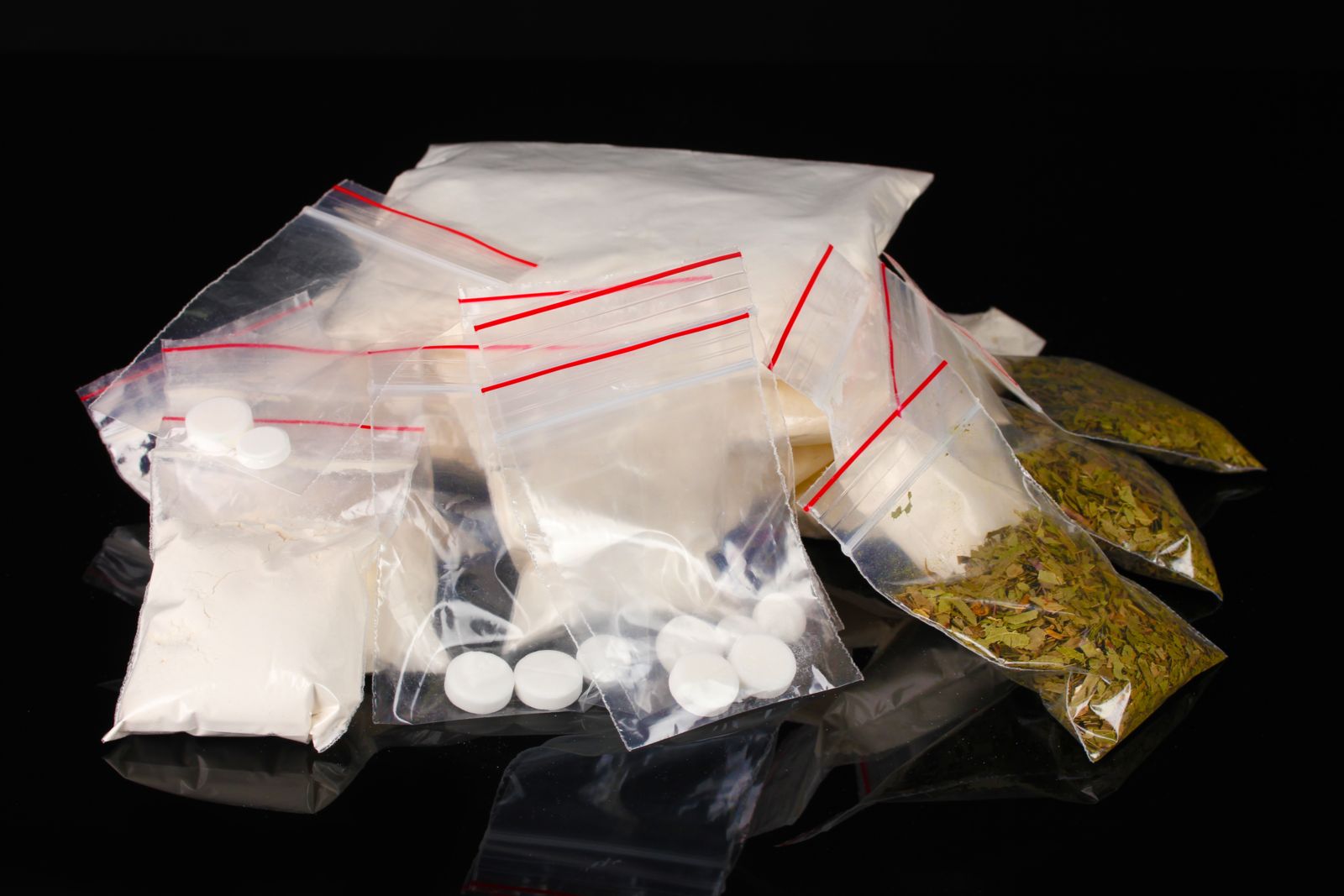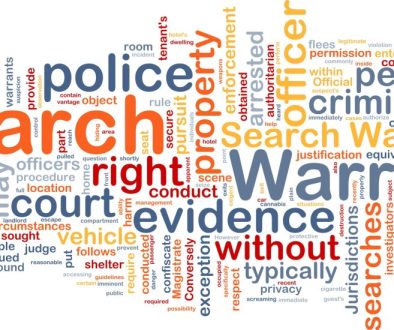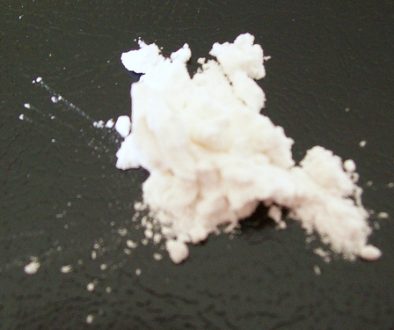Distribution of Controlled Dangerous Substances (CDS) Jersey

Our law firm defends individuals charged with the possession with the intent to distribute illegal narcotics and drugs in the Commonwealth of Pennsylvania and the State of New Jersey. In New Jersey it is a crime to manufacture, distribute, or dispense a controlled dangerous substance (CDS), or its analog. NJSA 2C: 35-4.1(e). The penalty for this offense is dependent on the type of controlled substance involved and on the quantity of the substance.
If you’re charged with this crime in New Jersey, the state (prosecution) must prove that you knowingly or purposely manufactured, distributed, or dispensed a substance. The prosecution must prove that you are aware of the character of this substance in order to prove that you acted knowingly. There are 3 essential elements that the prosecution must establish beyond a reasonable doubt, which is the criminal standard in any courtroom in New Jersey and every other state. These are the elements:
- The item is a CDS or its analog.
- The defendant manufactured, dispensed, or distributed it.
- The defendant acted knowingly or purposely.
Actual vs. Constructive Felony Drug Possession
Within this charge the state must also prove either actual or constructive possession. Actual possession is when the defendant has manual or physical possession of the item; constructive possession is when the defendant does not have manual possession but is aware of the substance, has the purpose the exercise control over it, and has the capacity to exercise control over it. The degree of the offense often depends on the quantity of the substance involved. Also keep in mind that New Jersey can suspend your driver privileges for up to 2 years for any drug conviction—read my article on it.
Type of Substances—Heroin and Cocaine In New Jersey
The penalty for distributing heroin and cocaine in New Jersey is dependent upon the amount of the substance. It is a crime of the 1st degree if the amount is 5 ounces or more and the minimum term is between 1/3 & 1/2 the sentence imposed during which time the defendant is not eligible for parole. The mandatory minimum may be waived if the defendant has pled guilty pursuant to a negotiated agreement.
Other than heroin or cocaine, for those substances in narcotic class Schedule I or II, a person commits a crime of the 2nd degree if he distributes one ounce or more of the substance and a crime of the 3rd degree for less than 1 ounce.
Marijuana
If the substance is marijuana and the quantity is 25 pounds or more, including any adulterants or 50 or more plants, regardless of weight, it is a crime of the 1st degree. It is a crime of the 2nd degree if the quantity is 5 pounds or more but less than 25 pounds or 10 or more but fewer than 50 marijuana plants. It is a crime of the 3rd degree if it is 1 ounce or more but less than 5 pounds and a crime of the 4th degree if it is less than one ounce. If the substance is something other than a CDS classified under Schedule I, II, III, or IV it is a crime of the 3rd degree; if the substance is Schedule V it is a crime of the 4th degree.
What To Do If You’re Charged With a Drug Crime in New Jersey or Pennsylvania?
Remember, if you are charged with a drug crime in New Jersey or Pennsylvania it is important for your attorney to consider a motion to suppress evidence especially if the drugs were found following a search of your motor vehicle or home. Keep in mind that the expectation of privacy in your home is much higher than in your vehicle. Police may perform a warrantless search of your vehicle given the lower expectation of privacy provided that they can establish probable cause that the vehicle contains contraband.
There is no need for the prosecution or police to establish, by a preponderance of the evidence, exigent circumstances other than the mobility of the vehicle. In a home situation, since the expectation of privacy is higher, police almost always need a search warrant unless the drugs are found after some “hot pursuit” chase. Finally, a person’s consent negates the need for a search warrant and even possibly negates an argument for illegal search and seizure following the warrantless search of the vehicle. This is why I advise clients never to give consent.



